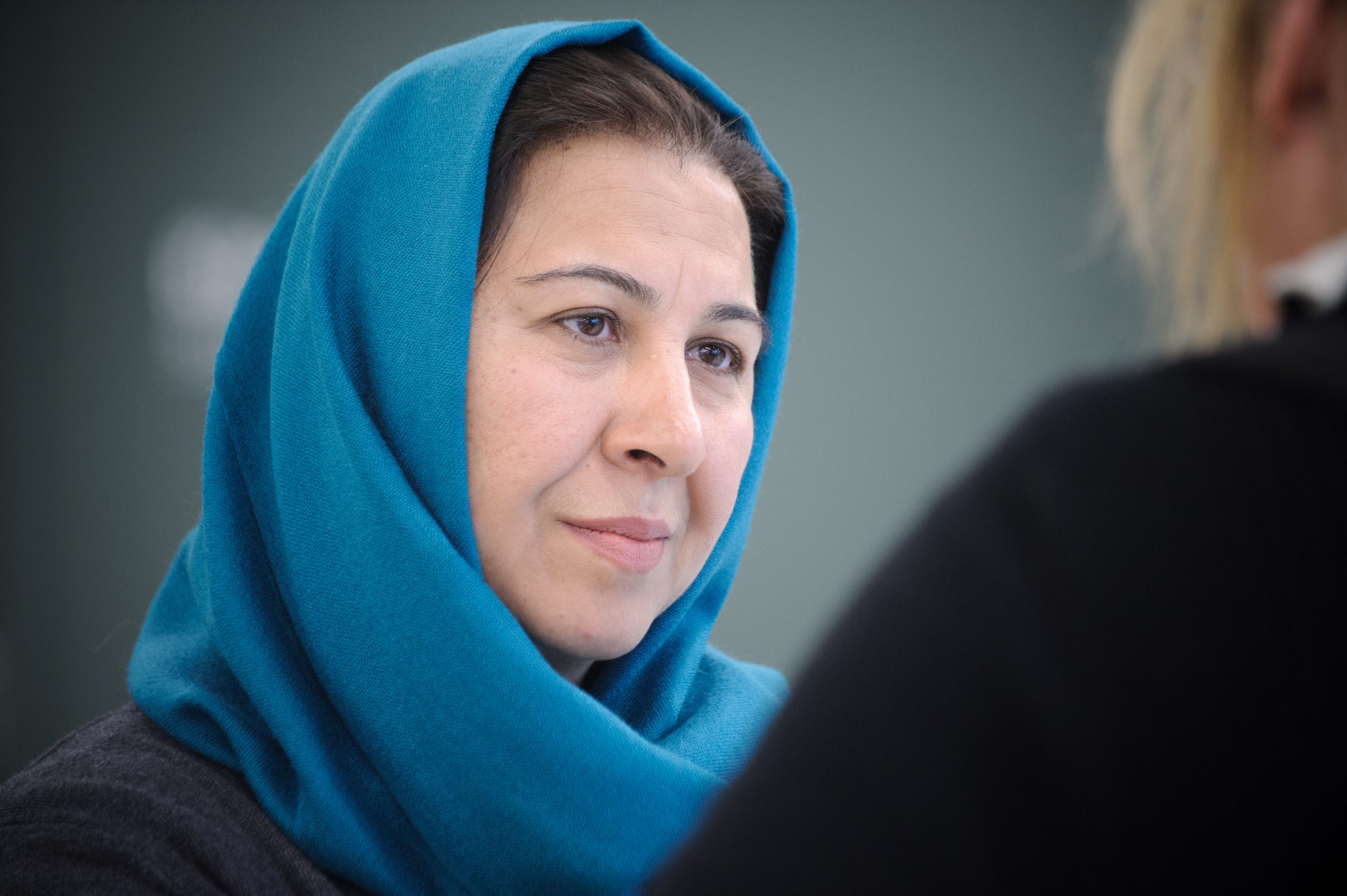Peace for Asia spoke to Ms Shinkai Karokhail, Member of Afghan National Assembly and Chairperson, Women Parliamentary Caucus. The sudden exit of American and allied forces from Bagram base, accompanied by growing clashed between the Afghan forces and the Taliban have been distressing both from security and Human Rights perspective. Through this conversational interview, Ms Karokhail gave us a clearer picture of the present situation in Afghanistan.
The international community is beginning to ignore Afghanistan. The US-led forces came to Afghanistan for Counter Terrorism purposes in the aftermath of the 9/11 attacks. Besides security considerations, Afghanistan desperately needed international support for nation-building and reconstruction and indeed we had to begin from scratch. The US and they did pour funds into the country but not to the extent we required. Whatever major allocations Afghanistan got were marred by opaque procedures, thus evading accountability.
Besides the shortcomings in the developmental sector, the defence sector is yet to acquire independent capabilities. Afghan forces, the nation’s frontline defenders, have remained both undertrained and underequipped. Afghan forces were more or less trained in conventional combat; but they were not trained to deal with sub-conventional tactics deployed by the Taliban. To enlist a combat soldier, the American module consists of only few weeks’ worth training. While we admit that our special forces and the commandos are among the finest soldiers, but the Afghan forces at large remain undertrained. In addition, the general policy of posting soldiers to distant areas has affected the morale as they remain away from their families for a long time.
On top of it, the irresponsible exit of the NATO forces has been demoralizing for both people and institutions. The sudden exit of the forces from the Bagram base without any formal handover has left Afghans in shock.
As the past few years brought substantial improvement in governance and institutional capacities, it was imperative to continue providing Afghanistan with security support. Timely intelligence reports, military supplies, maintenance of the military equipment and an air power backup are essential to maintain security. Sudden stoppage of the above would be detrimental to political stability.
However, with the withdrawal the Afghans have paid the price for international troop presence and the Taliban is taking full advantage of this vacuum through their elaborate propaganda networks and organized thrust into the towns and villages. Even though in minority (but operating as an organized force), the Taliban could gain inroads in the recent months pressurise the local representatives, ranging from the clerics to the policemen. This leaves the locals with no options, other than passively supporting the Taliban.
On the other hand, Pakistan’s foreign policy is drafted by their military and intelligence institutions, which possess an impeccable sense of people, territory and the political fault lines in Afghanistan. Exploiting the American dependence for logistics, Pakistan was able to redeploy the Taliban. The Afghan Taliban are in dire need to enlist more people in their ranks so to mount greater pressure on the elected government.
The wealthy Afghans and those who belong to the aspiring middle class are well aware Taliban’s scant regard for developmental agenda have chosen to leave the country. Besides minorities and women at large, it is the working women and women rights activists that remain at the highest risk. Shortly after reports of Taliban’s growing inroads surfaced, there have been growing incidences of maltreatment of women in areas under their control.
For instance, in many places in Nangarhar, working women have been warned that they must stop going to their workplaces. In northern areas like Badakhshan, Jawzjan and Takhar, instances of women getting assaulted for travelling alone without male guardian are widely reported. So, this is escalating into a big human rights crisis.
Leading activists and women politicians have desperately sought guarantees from the international community that could restrain the Taliban from infringing on women’s hard-won rights and freedoms. In Uruzgan, provincial council members were forced to resign from their elected positions. The Women affairs department in Uruzgan is run by a male official at present. Reports of closure of girls’ schools in several districts are common now.
If the Taliban manage to come to Kabul, some of the prominent women’s voices will not even survive as they will find a way to accuse and target them. We must realise that despite international pressure to clarify its position on women, the Taliban refrained from giving a clear answer and left the matter to be decided its own interpretation of the Sharia law. After all, the commitment to narrow interpretation of puritanism is a powerful binding force sustaining the Taliban support structure and thus fuels its support base.
Unless international community plays a more proactive role, it is difficult to have better conditions for women in Afghanistan or expect a constructive approach from the Pakistani strategic establishment. We have to admit that Pakistan yielded too less despite American pressure. Pakistani army has always favoured a dispensation which is controlled by the Taliban. It is ironic that during the Taliban’s reign, even when Benazir Bhutto was the Prime Minister, she chose to remain indifferent to the plight of Afghan women.
The only practical solution on the horizon is consolidated efforts by leading Human Rights organizations and the parliaments of the World that stand as an international guarantee with the government, different from the ad-hocism that has characterised policies in the Af-Pak region. These guarantees, accompanied by stringent accountability measures could turn out to be effective in safeguarding rights of the vulnerable section and bringing the nation back on its developmental trajectory.

